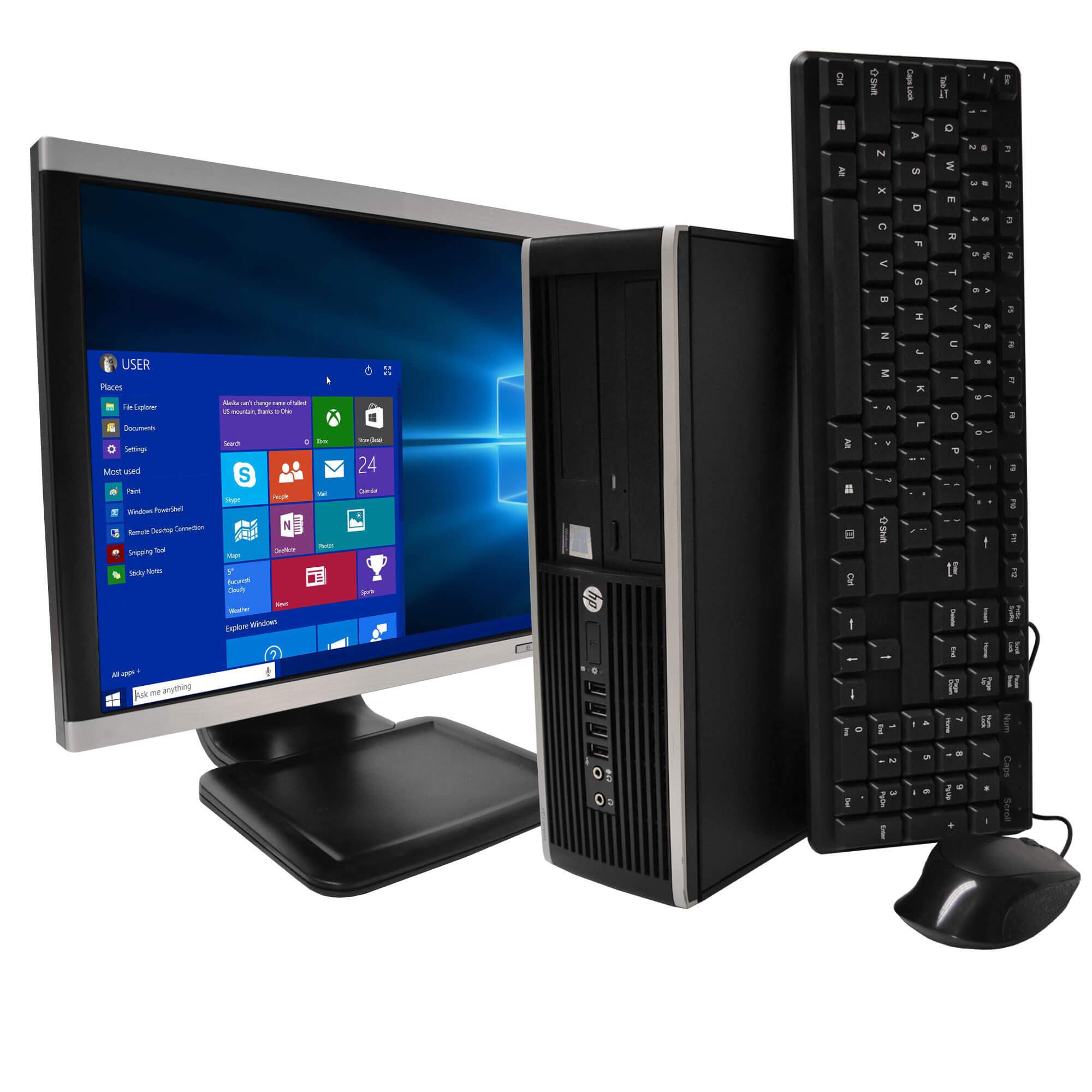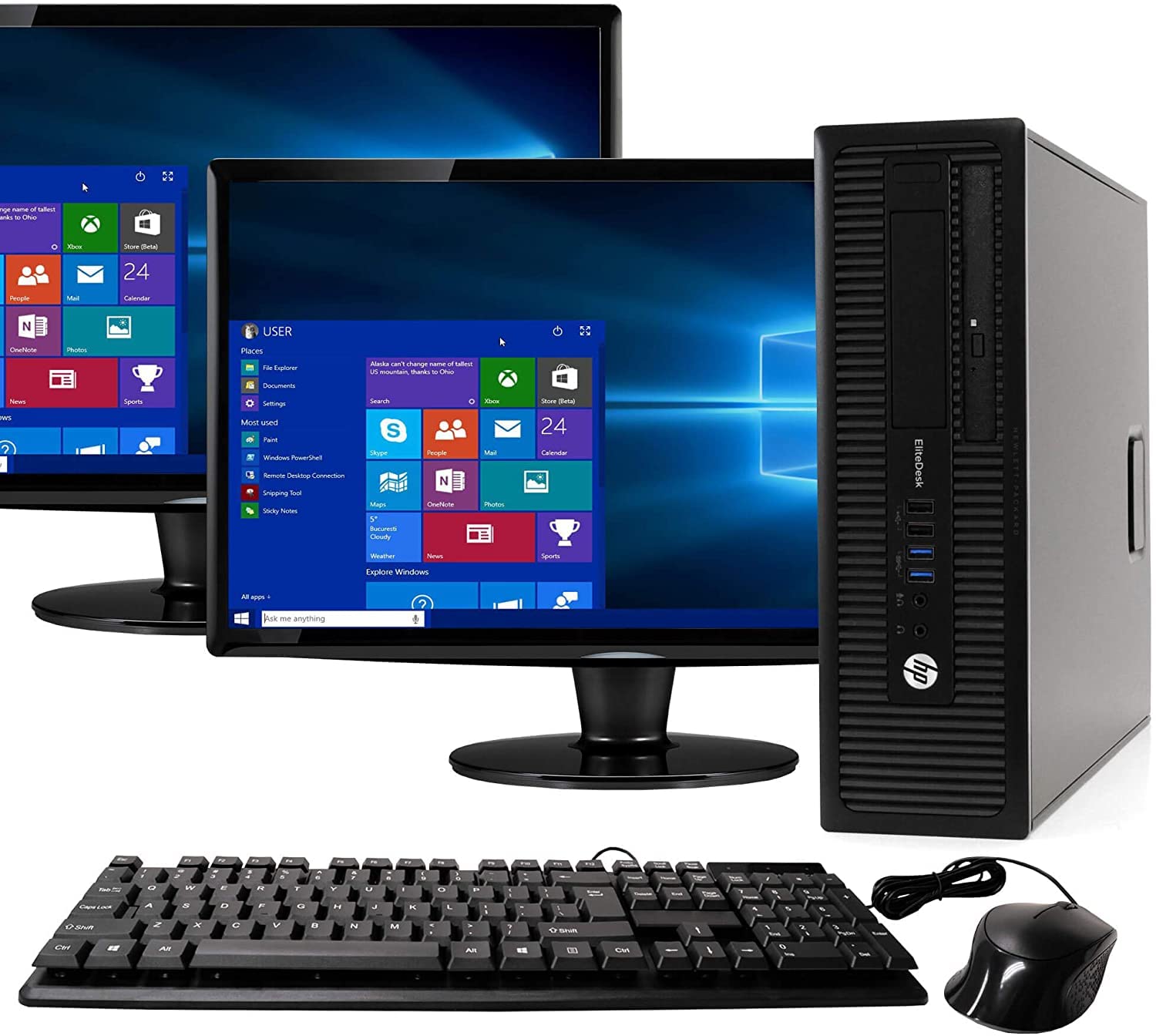Securing an internship at a tech giant such as Intel is a coveted opportunity for any computer science student. An internship at Intel not only provides invaluable industry experience but also opens doors to future career prospects. However, the competitive nature of these programs requires a standout application and a strategic approach. Below, we will cover the essential steps to increase your chances of landing a computer science internship with Intel.
Understanding Intel’s Internship Programme
Research Program Details
Begin by investigating Intel’s internship program. Understand the positions available, the specific fields of computer science they focus on, and the various locations where these internships are offered. Also, research internship durations as they can vary from a few months during the summer to year-long placements for co-op programs.
Eligibility and Application Timelines
You need to know the eligibility criteria for intern candidates at Intel. Check if there is a required GPA, specific coursework, or prerequisite skills. Familiarize yourself with the application windows and deadlines. These are often set months in advance, and missing these deadlines can mean waiting another year for your opportunity.

Preparing a Stellar Application
Crafting a Compelling Resume
Your resume should be up-to-date, neat, and professional. Highlight relevant coursework, projects, and prior work experience that showcase your skills in computer science. Tailor your resume to include keywords from the internship description, and focus on achievements that demonstrate your ability to contribute to Intel’s team.
Personalizing the Cover Letter
In contrast to the resume, your cover letter is where you tell your story. Explain why you’re interested in the internship and why you’re a good fit for Intel specifically. Connect your academic experiences, projects, and personal initiatives to the role and the corporate values of the company. Showing genuine interest can set you apart from other applicants.

Networking and Advancing Your Skills
Connecting With Intel Representatives
Networking can dramatically enhance your prospects. Attend career fairs, workshops, and information sessions where Intel recruiters are present. Engaging with employees on professional networking sites like LinkedIn can also be beneficial. A referral or positive interaction with someone inside the company might just be the edge you need.
Building Competencies Through Projects
Keep learning and building your competencies. Involve yourself in academic or personal projects relevant to the internship you’re after. Intel is looking for problem-solvers with real-world skills. Participate in hackathons, contribute to open-source projects, or develop an app. These experiences demonstrate a proactive attitude and a passion for the field.

Ace the Interview and Follow Up
Preparing for Technical and Behavioral Questions
If your application gets shortlisted, prepare for the interview. Intel’s interview process often includes both technical and behavioral questions. Review common computer science concepts and practice programming problems. Simultaneously, prepare for behavioral questions by thinking of situations where you’ve demonstrated qualities like teamwork, leadership, and innovation.
Following Up Post-Interview
After the interview, send a thank-you note to express your appreciation for the opportunity. This step shows professionalism and helps keep you in the mind of the hiring team. If you receive an offer, respond in a timely manner, whether it’s to accept or, if necessary, politely decline. If you are not selected, ask for feedback to improve your chances in future applications.

Enhancing Your Technical Knowledge
Strengthen Your Programming Skills
To stand out in the applicant pool for an Intel computer science internship, it is essential to showcase strong programming abilities. Programmers with a firm grasp of languages relevant to Intel’s work, such as C++, Python, or Java, are often favored. Participate in coding competitions and complete online courses to brush up and certify your programming skills.
Get Familiar with Intel’s Technologies
Intel is a leader in many areas, including processors, chipsets, and more. Demonstrating knowledge of these technologies can impress the recruiters. Understand the basics of microarchitecture, integrated circuits, and embedded systems, as these are key foundations of Intel’s products. Having some hands-on experience or coursework related to these areas provides a significant advantage.

Developing Soft Skills and Team Dynamics
Showcase Teamwork and Communication
Intel values candidates who can work well within diverse teams. Engage in group projects or join clubs that encourage collaborative work to further develop these soft skills. Articulate your experiences dealing with teamwork challenges and successes in your application and interviews. Additionally, develop your communication abilities, both written and verbal, as they are critical in a professional tech environment.
Problem-Solving and Critical Thinking Capabilities
Intel recruiters look for innovative thinkers with superb problem-solving abilities. Sharpen your critical thinking by tackling complex puzzles and problems. Present any case studies or project experiences where you devised effective solutions to difficult challenges. Internship candidates who can think on their feet and present clear rationale for their decisions tend to gain favorable attention.
Gaining Relevant Experience
Participate in Relevant Internships and Co-Ops
Gaining any form of professional experience related to computer science before applying to Intel can improve your candidacy. Look for internships, co-op programs, or part-time positions that provide exposure to software development, data analysis, or IT support. Real-world experience in these areas, even if not directly linked to Intel’s core business, demonstrates your readiness for the workplace and can make your application more compelling.
Engage with Research and Academic Initiatives
If your university conducts research that aligns with Intel’s interests, getting involved can boost your profile. Seek out research assistant positions or independent study opportunities that will allow you to work more deeply in fields such as artificial intelligence, machine learning, or cybersecurity. Highlighting academic research initiatives on your resume shows your dedication to the advancement of the computer science field.
Maximizing Your Chances
Apply Early and to Multiple Positions
Don’t wait until the last minute to apply for an Intel internship. Start the application process as early as possible. This not only shows eagerness but also ensures that your application gets attention before the flood of submissions. Additionally, consider applying for multiple positions within Intel for which you are qualified, increasing the likelihood of landing an interview.
Seek Feedback and Continuous Improvement
Constantly seek feedback on your applications and interviews. Speak to professors, career advisors, or industry professionals who can provide constructive criticism. Use this feedback for continuous improvement. Tailor your application to better match the position requirements, refine your interview skills, and build upon your technical and soft skills. Each iteration makes you a stronger candidate, maximizing your chances for success.
Landing an Intel computer science internship requires thorough preparation, a standout application, and strategic networking. By understanding the program, tailoring your application, honing your skills, and nailing the interview, you place yourself in a strong position to seize such an opportunity. Remember that perseverance is key; even if you don’t succeed on the first try, each step prepares you better for subsequent applications. Your dream internship at Intel could soon become a reality, setting the stage for an enriching and successful career in computer science.
